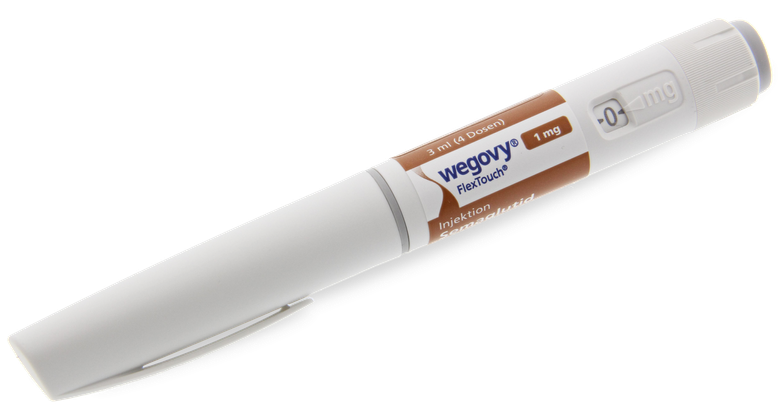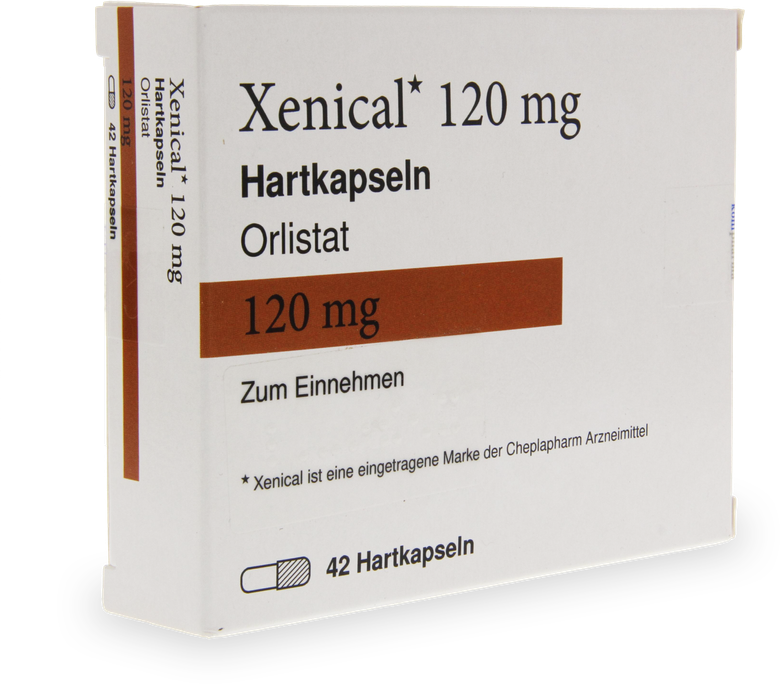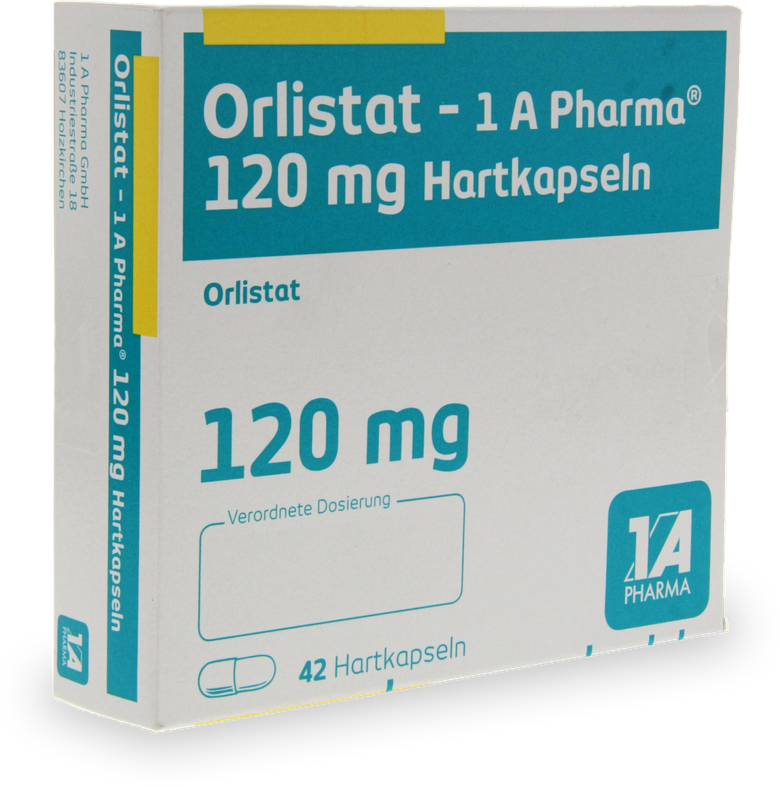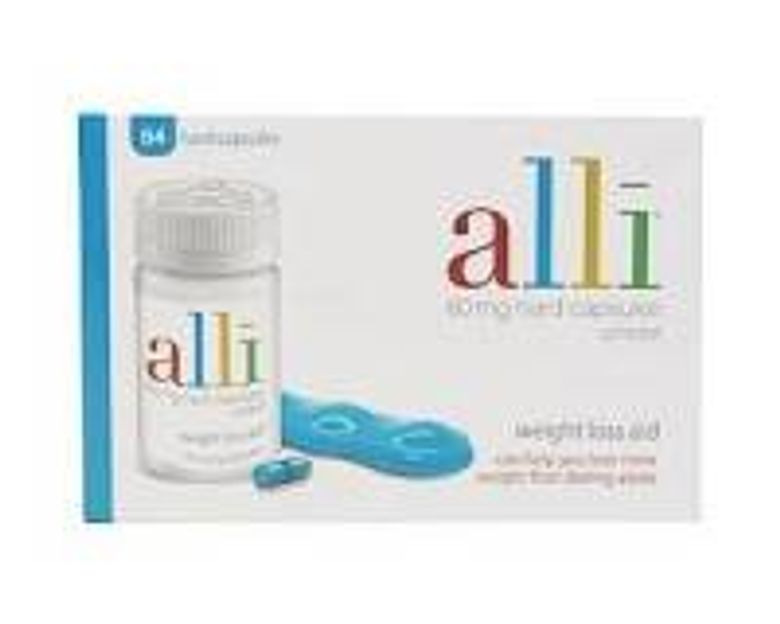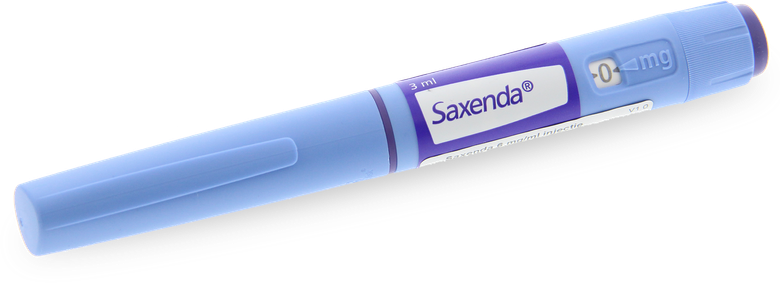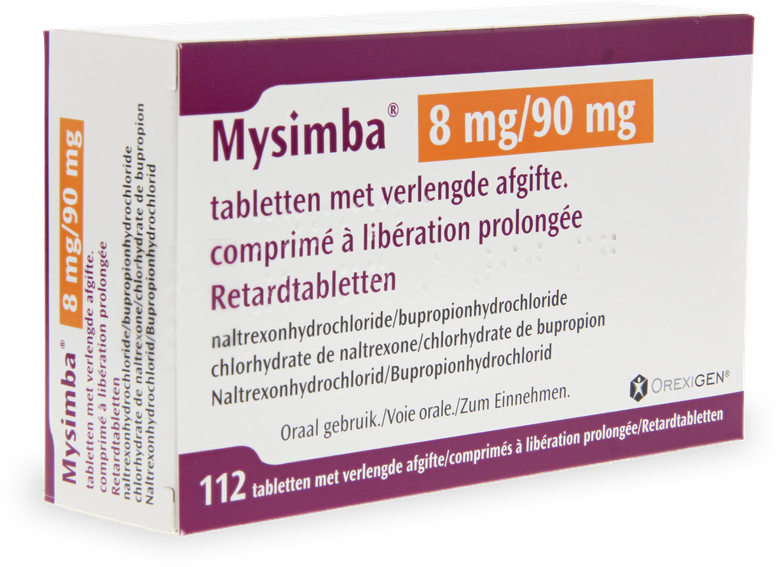Achieving healthy weight loss starts with changing your eating habits. It’s important to reduce your intake of sugary treats, snacks, and processed foods. Here’s what to focus on:
- Fresh fruit and vegetables: These are low in calories and rich in fiber, vitamins, and minerals. Aim for at least 300 grams of vegetables daily, and ideally 500 grams, along with two pieces of fruit.
- Proteins: Essential for muscle maintenance, proteins also help curb hunger. Choose lean meats like chicken or turkey, as well as eggs, nuts, and cottage cheese.
- Calcium-rich foods: Strengthen bones and teeth with dairy products such as semi-skimmed or skimmed milk, or opt for plant-based alternatives fortified with calcium.
- Healthy fats: Unsaturated fats, found in fatty fish (like salmon and mackerel), vegetable oils, avocados, and nuts, are beneficial for heart and brain health.
- Fiber: Found in vegetables, fruits, and whole grains, fiber supports digestion and helps stabilize blood sugar levels.
Remember, even healthy foods should be eaten in moderate portions to avoid excess calorie intake.
Quick weight loss secret: eat less, drink more
Hydration is key when trying to lose weight. Drinking at least 2 liters of water daily helps flush toxins from the body and can create a sense of fullness. If plain water isn’t appealing, try tea without sugar or sugar-free beverages. Avoid alcohol and fruit juices, as these are high in calories.
Why exercise helps with healthy weight loss
Your body burns calories even when at rest, but additional physical activity increases your energy expenditure. When combined with a healthy diet, exercise can help the body burn stored fat, making it an effective way to lose weight. You don’t need to hit the gym every day—activities like walking, gardening, or cycling also count.
By adopting new eating habits and increasing physical activity, you’ll start to feel fitter, have more energy, and see the number on the scale go down.

